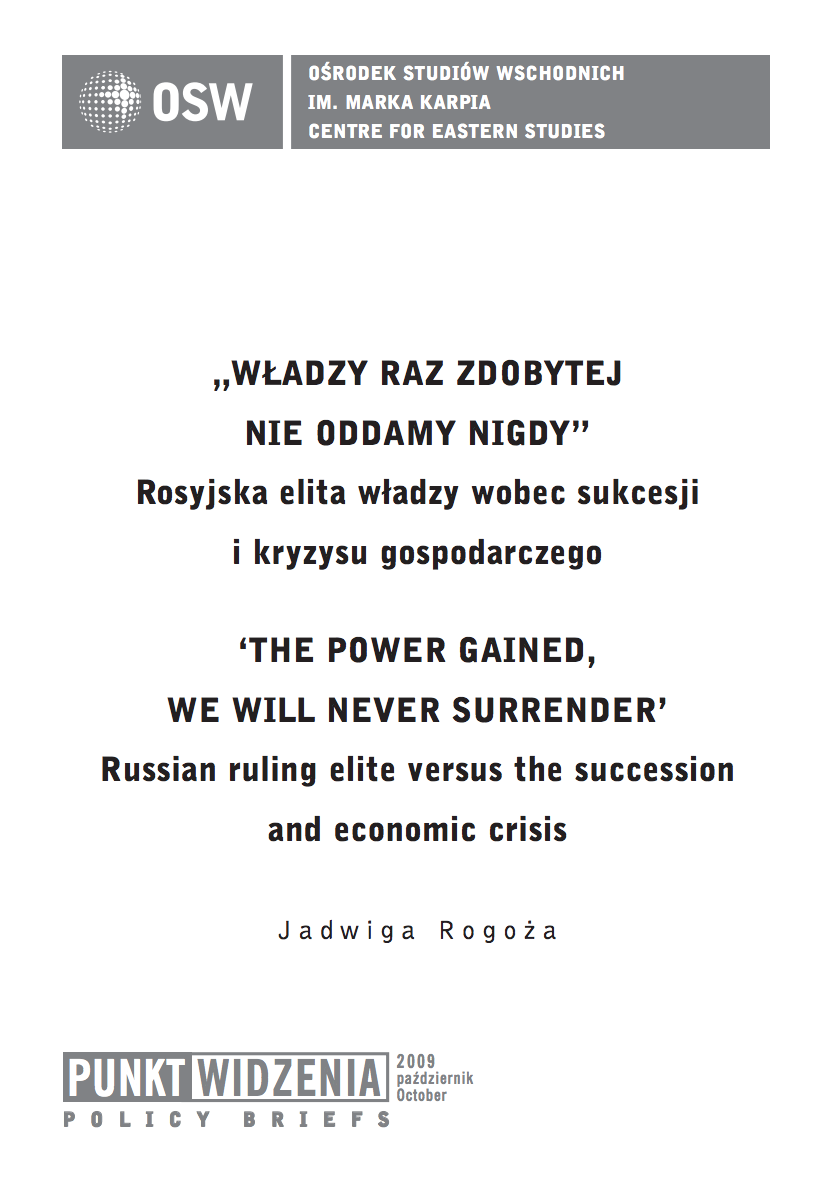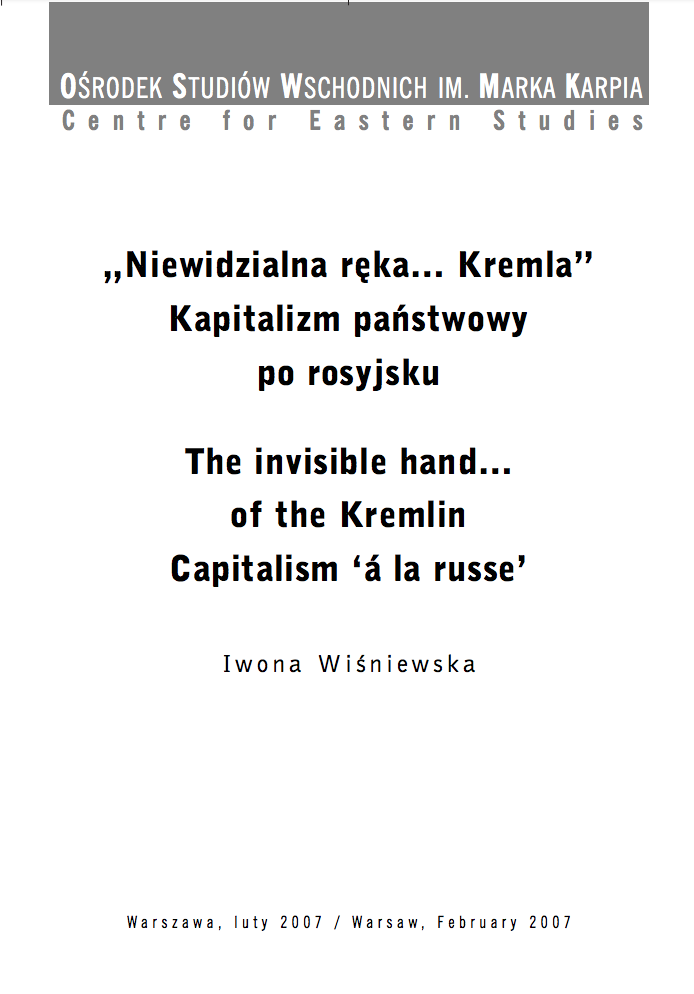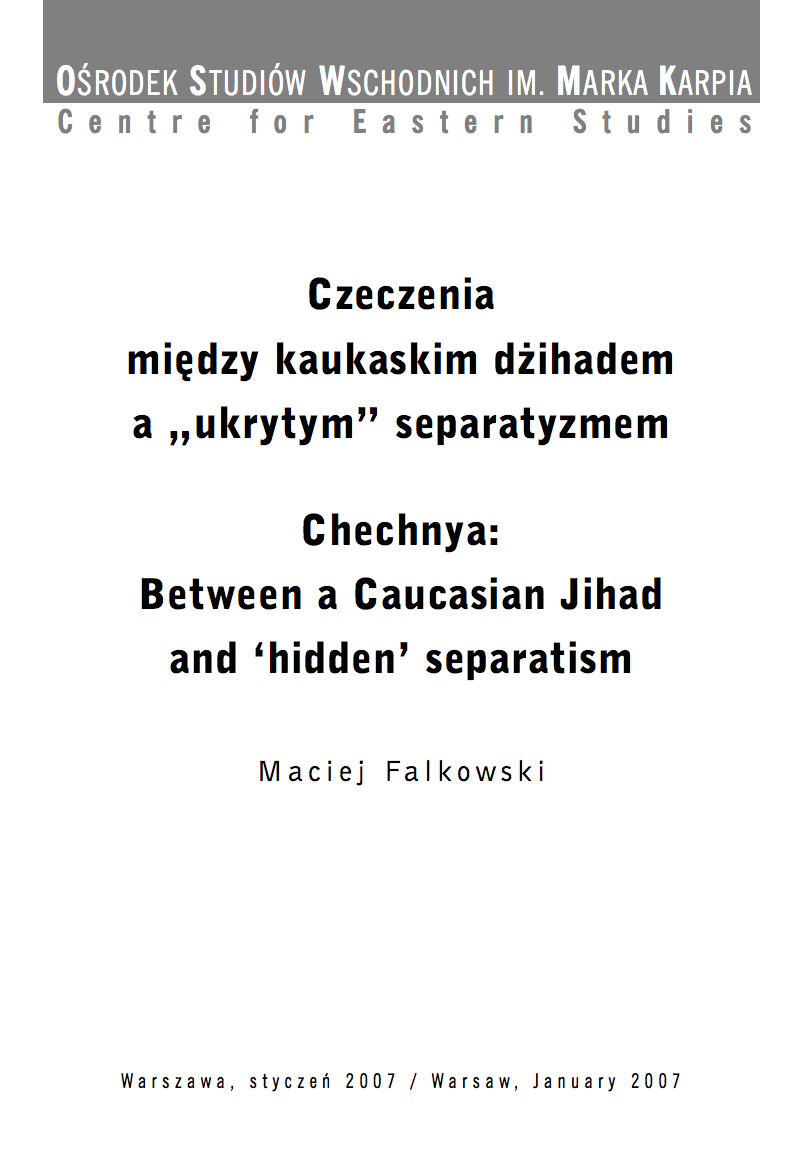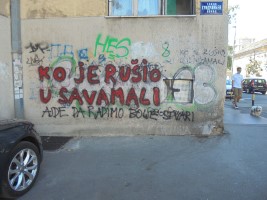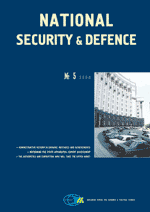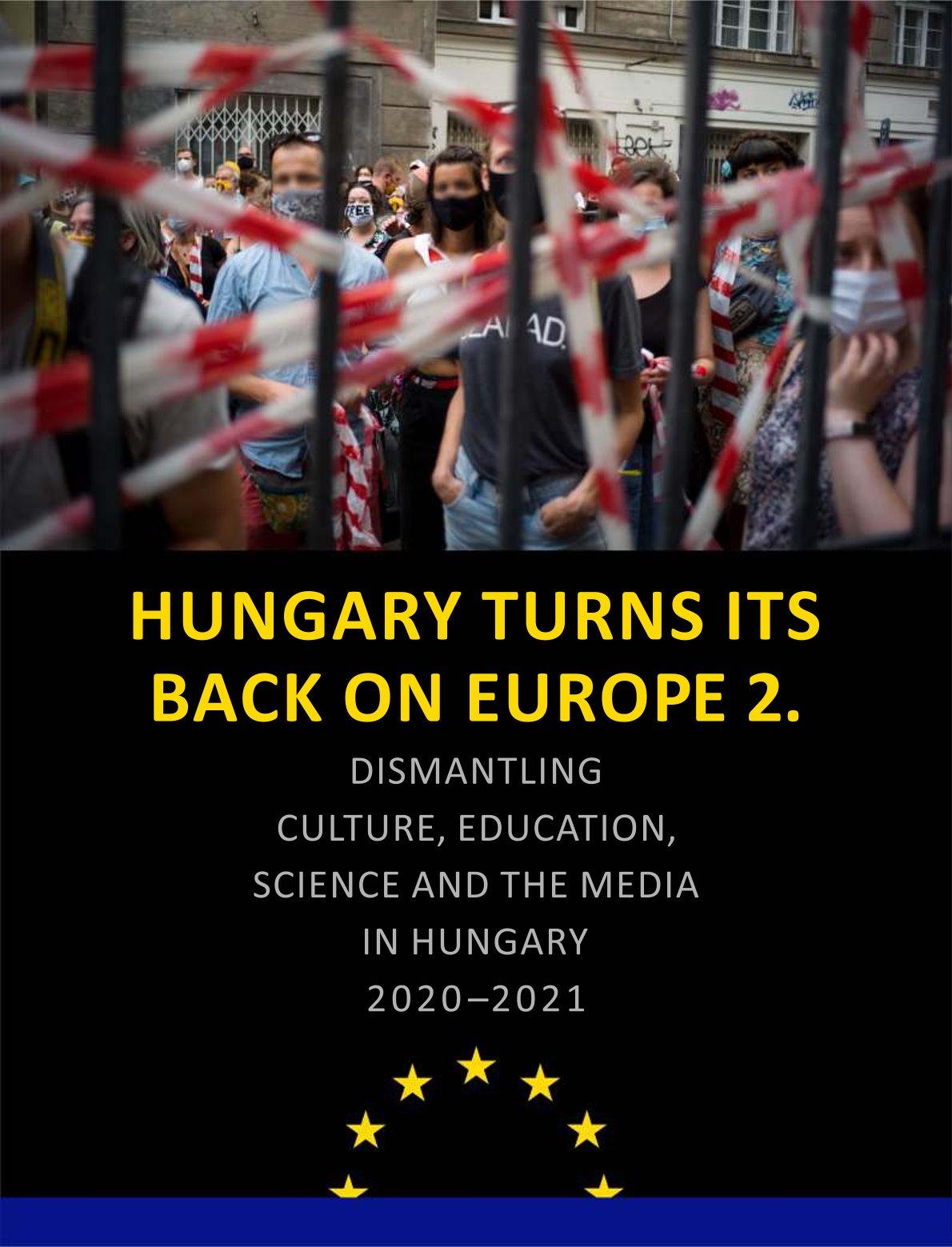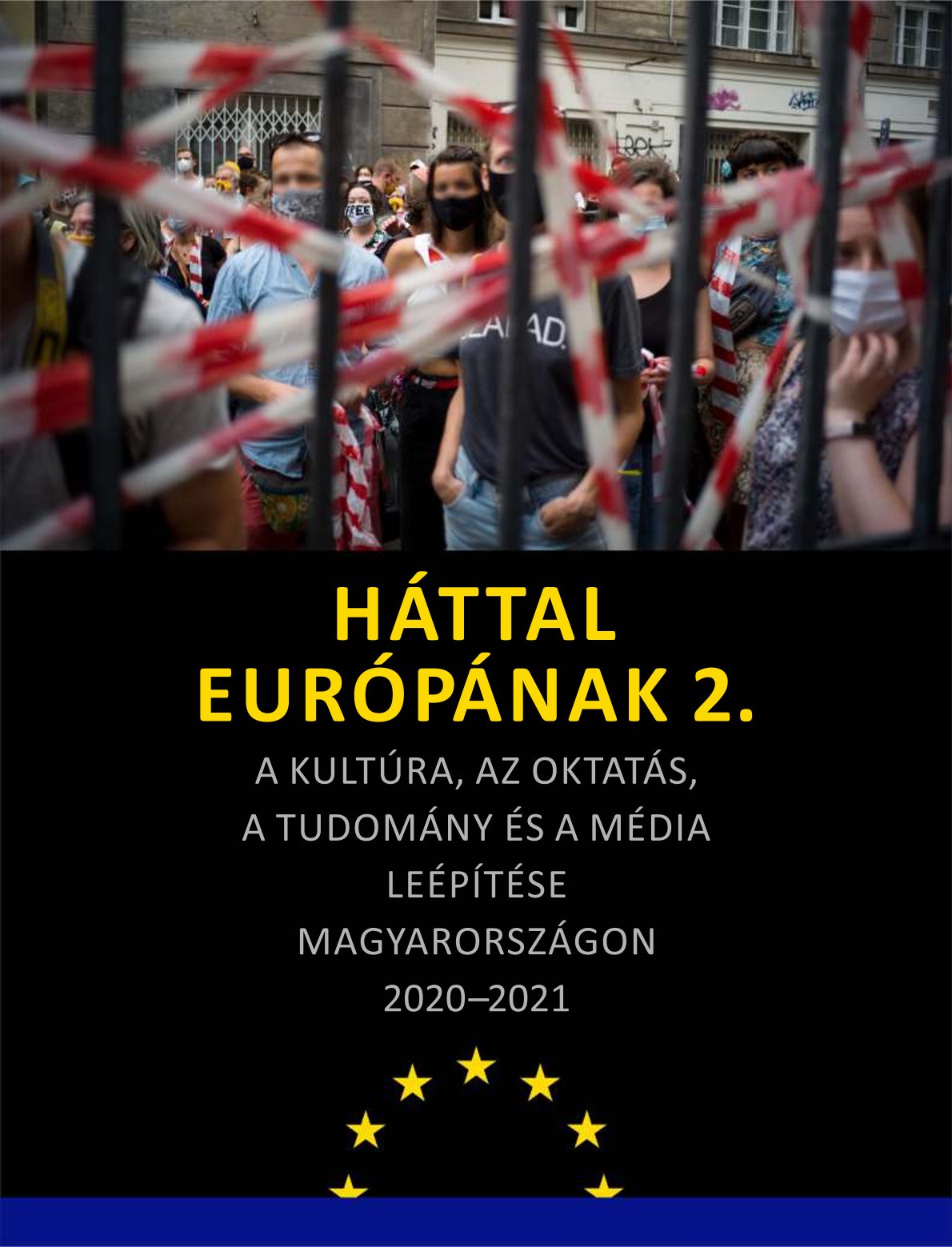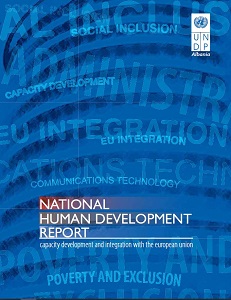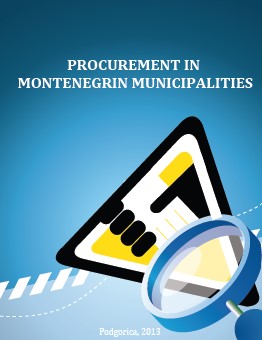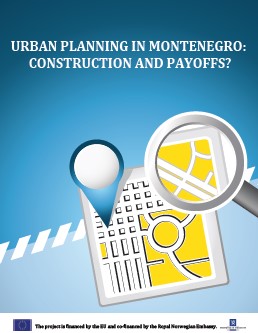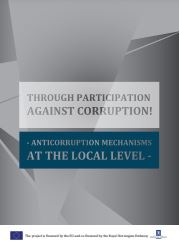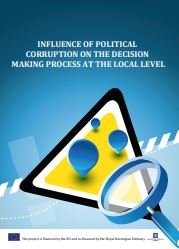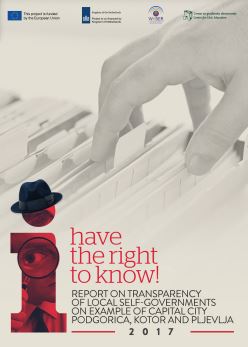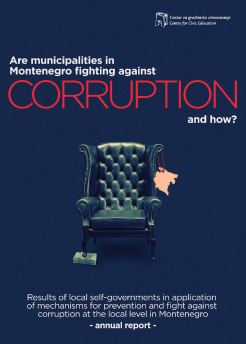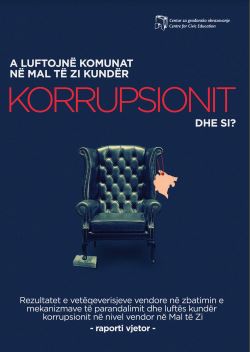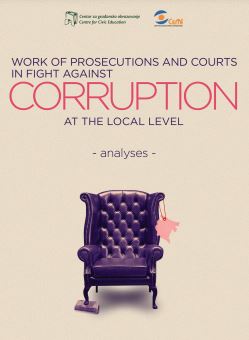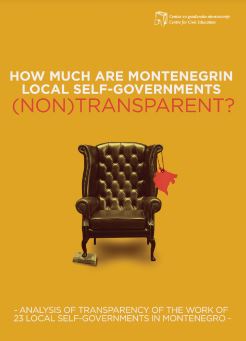Author(s): Ana Nenezić / Language(s): Albanian
Raporti A luftojnë komunat në mal të zi kundër korrupsionit dhe si? jep përmbledhjen e rezultateve të vetëqeverisjeve vendore në zbatimin e mekanizmave për parandalimin dhe luftën kundër korrupsionit në nivel lokal në Mal të Zi gjatë vitit 2017 dhe në gjysmën e parë të vitit 2018. Në këtë kontekst, raporti përbenë informata të reja për zbatimin e masave dhe aktiviteteve të përcaktuara me një sërë dokumentesh strategjike. Përmbledhjen e parë të zbatimit të tyre e kemi bërë në raportin paraprak, Mendo lokalisht – vepro lokalisht, i cili mbuloi periudhën deri në vitin 2016. Periudhën e analizuar raportuese e karakterizoi plogështia e administratave vendore ndaj obligimeve të marra përsipër dhe të definuar me dokumentet kombëtare, si dhe mungesa e iniciativës për aktivitetet e menduara vet. Aktivitetet e nivelit qendror për vendosjen e kornizës institucionale dhe normative antikorruptive nuk nxitën nivelin vendor të pushtetit në pjesën e zbatimit të politikave dhe mekanizmave adekuate antikorruptive në nivel lokal. Prandaj nuk befason fakti që vetëqeverisjet vendore në Mal të Zi, në dy vitet e fundit (2016 dhe 2017) nuk kanë raste të denoncimit të korrupsionit, duke marr parasysh se shumica e tyra akoma nuk i miratoi planet lokale të veprimit për luftë kundër korrupsionit për vitin 2017 - 2018, që nuk kanë përgatitur udhëzimet e brendshme për evidentimin e denoncimit të korrupsionit brenda institucioneve dhe veprimit në bazë të denoncimeve, e që ishin të obliguar ta bëjnë sipas planeve të integritetit. Po ashtu, sipas eksperiencave të drejtpërdrejta të hulumtuesve në terren, vetëqeverisjet vendore nuk i kanë të përcaktuar sistemet dhe procedurat e qarta për denoncimin e korrupsionit nga ana e qytetarëve/eve, që tregon se sistemi nuk është funksional. Obligimet e marra përsipër në kuadër të negociatave anëtarësuese në Bashkimin Evropian, sidomos përmes kapitullit 23 (Gjyqësori dhe të drejtat themelore), nuk plotësohen, ndërsa për to vazhdon raportimi i jo precizë, që shkakton brengosje shtesë. Në raportin e Komisionit Evropian për vitin 2018 shkruan: “Plani i Veprimit i Malit të Zi për kapitullin 23 përfshinë elementet bazë të reformave gjithëpërfshirëse në fushën e parandalimit të korrupsionit dhe luftës kundër korrupsionit. Atë e plotëson “Dokumenti operativ”, i miratuar në vitin 2016, në të cilin përcaktohen masat shtesë për parandalimin e korrupsionit në fusha të caktuara, të cilët janë në veçanti të ndjeshëm ndaj korrupsionit, siç janë prokurimet publike, privatizimet, planifikimi hapësinor, arsimi, mbrojtja shëndetësore, vetëqeverisja vendore dhe policia. Mirëpo, ndikimi i këtyre masave vazhdon të jetë i kufizuar dhe Mali i Zi duhet të zhvillojë plane më të efektshme për parandalimin e korrupsionit të cilët do të jenë të lidhur konkretisht me sektorët individual”. Të ngjashëm ishin edhe rekomandimet e mëparshme të Komisionit Evropian, por siç duket pa ndikim sepse planet lokale të veprimit për luftë kundër korrupsionit nuk janë miratuar në shumicën e komunave malazeze, gjersa qasja ndaj planeve të integritetit është tërësisht formaliste. Mungesa e përcaktimit të sistemit të kompetencave mbetet problem dhe është shumë vështirë të përcillet realizimi i dokumenteve antikorruptive në nivel lokal për shkak të mungesës së raportit për realizim. Parakusht i luftës së suksesshme kundër korrupsionit është korniza legjislative dhe institucionale funksionale antikorruptive, si dhe zbatimi i vazhdueshëm, konsistent dhe i cilësor i dokumenteve strategjike. Prandaj, arsyen e mungesës së rezultateve duhet kërkuar pikërisht në jo-efikasitetin e sistemit të vendosur, por edhe në qasjen e zgjedhur formaliste ndaj kësaj çështje nga ana e institucioneve kompetente në nivel kombëtar dhe lokal. Rezultatet e vetëqeverisjeve lokale në parandalimin dhe luftën kundër korrupsionit, në periudhën e analizuar raportuese, pothuajse nuk ekzistojnë dhe pikërisht pasqyrojnë këtë qasje të papranueshme. Raporti mbulon periudhën prej janarit të vitit 2017 deri në shtator të vitit 2018 dhe përfshinë 23 vetëqeverisje lokale në Mal të Zi. Fokusi u vendos në dy mekanizma kyç dhe efektet e zbatimit të tyre – planin lokal të veprimit për luftë kundër korrupsionit në nivel lokal dhe planin e integritetit. U dha pasqyrimi i masave të (pa)realizuara për periudhën e përmendur, përmes analizës së raporteve ekzistuese të dorëzuara nga ana e institucioneve kompetente në nivel kombëtar dhe lokal, por edhe përmes hulumtimit duke shfrytëzuar dispozitat e Ligjit për qasje të lirë në informata. Përveç kësaj, sistemi u testua edhe me zbatimin e metodës “blerësi sekret” (ang. Mystery shopper), ndërsa rezultatet kanë vërtetuar gjetjet e fituara me analizën e dokumenteve kyçe antikorrupitive.
More...
